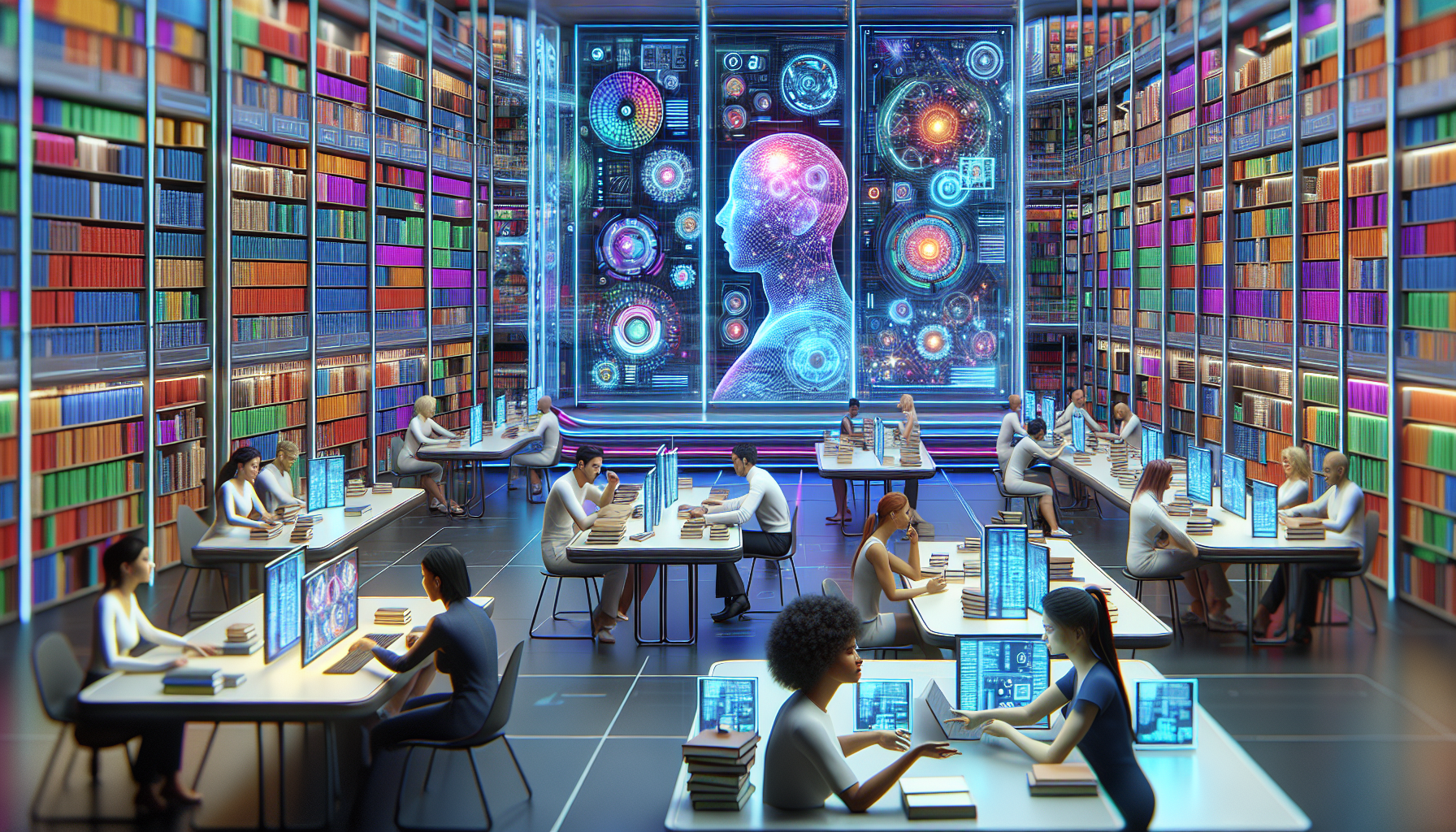
When Algorithms Write Drama: The Age of AI Screenwriting
Once upon a time, in a land ruled by human creativity alone, scripts and screenplays were the sacred texts of playwrights and screenwriters. Fast forward to the 21st century, picture this: AI algorithms are now cozying up in the writer’s room, munching on data and coughing up scripts. Welcome to the era of AI screenwriting, where cut to and fade in are being programmed faster than you can say action!
The Curtain Rises: Research in AI Screenwriting
AI’s emergence in the art of screenwriting isn’t just a novelty act—it’s now under rigorous academic scrutiny. Researchers are diving deep, exploring how machine learning models like GPT-3 can generate narratives that make even the sternest critic raise an eyebrow (in a good way, hopefully). Studies involve feeding these systems with a gargantuan amount of films, scripts, and books—everything from Shakespeare to Sharknado—to see if AI can truly capture the essence of compelling storytelling.
Plot Twist: What Studies Are Saying
So, what’s the hot gossip in academic journals and tech tabloids? Intriguingly, AI can create stories. Yep, you heard that right! The plot thickens as these digital scribes learn nuances like conflict, character arcs, and climaxes. However, while studies show that AI can often mirror basic plot structures, the emotional depth and unpredictability that human screenwriters bring to the table are still in the lead—Hollywood’s not out of a job just yet!
Character Development: AI vs. Human Writers
Let’s talk characters. A compelling character can walk you through a plot like a good friend guiding you through a carnival. While AI might get the basics down, creating truly multidimensional characters is where it stumbles. Sure, an AI might churn out a decent revenge-seeking ex-spy or a quirky sidekick, but can it reproduce the intricate thought process behind Hamlet’s existential crisis or the subtle evolution of Walter White? Uh, not quite yet. Research indicates that AI can mimic, but the human touch is what truly breathes life into characters.
The Dialogue Dilemma
Dialogue, the heartbeat of any screenplay, is another kettle of fish. Ever noticed how some movie lines stick with you long after the credits roll? That’s the magic of masterful dialogue writing. AI, in its current stage, can generate lines that are grammatically correct but often lack the pizzazz—the wit, the punch, the emotional gravity. Picture a robotic Casanova spewing love dialogues written by an algorithm; it’s more likely to provoke laughter than swoons.
The Future Forecast: Co-Writing with AI
Before we all get too comfortable and let robots take over the scriptwriting universe, let’s consider the collaborative potential. Imagine a future where AI assists in drafting preliminary script versions, offering up narrative possibilities based on data-driven predictions of viewer preferences, while the human scribes infuse emotional depth, philosophical nuances, and those breathtaking twists that leave audiences in awe. This partnership could redefine scriptwriting, blending the best of both worlds—the precision of AI and the intuitive touch of human creativity.
Final Act: The Unpredictable Path Ahead
As the curtains prepare to close on our little exploration of AI screenwriting, remember: we’re just at the beginning of this narrative. The next chapters will undoubtedly be filled with more sophisticated AI models, deeper insights, and yes, even feature films written with a data-driven twinkle. Will AI ever completely take over the screenwriter’s coffee-scented sanctum? Unlikely. But as long as this collaborative spirit between human and machine thrives, the script for the future seems nothing short of exciting.
So, grab your popcorn (and maybe your laptop). This double-feature—the human artist and the binary bard—is sure to be a smashing hit!






